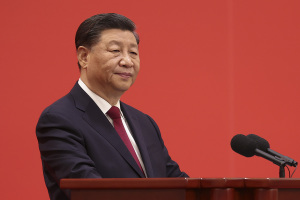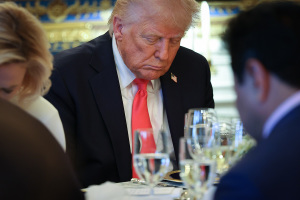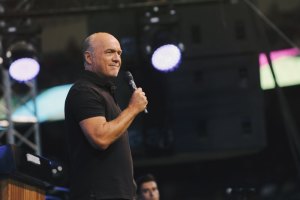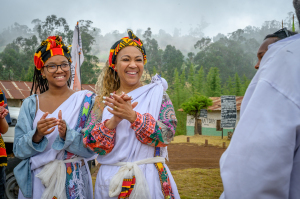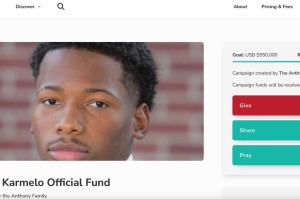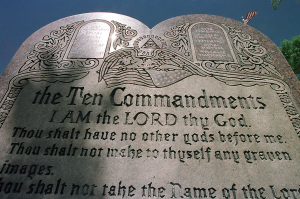Why So Few Blacks at the Planned Parenthood Protests?
Both James' and Rasool's thoughts align with a 2012 Public Religion Research Institute survey of Black and Hispanic Americans, which found:
Roughly 7-in-10 black Americans and Hispanic Americans say that "not judging other people" (72 percent and 72 percent) and "showing compassion for women in difficult circumstances" (68 percent and 68 percent) are very important in shaping their views on the issue of abortion.
Showing compassion for women in difficult circumstances is very important to shaping their views on abortion. This seems significant, especially in light of the same survey's finding that only 51 percent of Black Americans view abortion as morally wrong.
Longtime friends of ours are Jackie Martin and her family. Jackie is originally from Wisconsin, and attended the University of Michigan. (She lives in Georgia now, so things are looking up for her. ;^) Her response reminds us singular Black thought does not exist. African-Americans and other Black folks have opinions as varied as White folks. Jackie told me:
I don't have an answer; just a hypothesis. There are so many other atrocities occurring within the sub-culture that I honestly never hear of folks talking about pro-life/choice.
Not sure if it has anything to do with abortion per se, but it may be the result of Blacks having had so many freedoms infringed upon or taken away over the years. Having the freedom of choice, in even matters like this, means something. Let your individual beliefs guide your decisions and may you be judged accordingly. This is the camp that I fall in.
Second, I think that more black women as a percentage of the female population has either had or knows someone who has had an abortion. [The Guttmacher Institute found Black women have abortions at a level more than twice their population percentage. ~MD]
I had a friend who had an abortion, and was fearful of what her parents might do if they found out. This is a common notion. Those in the black community living at a lower socioeconomic level than others literally can't take care of a child. And in parts of the Black community, there is a negative mindset toward adoption, as if you are letting a stranger raise your child.
Finally, there's the continuous mainstream protests related to real and perceived racial inequality that overpowers most other causes.
An example of how external factors might play a role in abortion might be seen in the Bronx, New York. Social ethicist Charles C. Camosy notes in the Bronx 1-in-2 pregnancies ends in elective abortion (see Beyond Abortion Wars). Unrelated to abortion but related to social fabric, gang activity, including gang murders, are not unknown in the same area (and here). Poverty in the Bronx is over 29 percent of the population, nearly twice the state average. As James noted above, context is everything. Perhaps in the minds of one-half of the pregnant Black women in the Bronx each year, abortion is seen as the least bad of the other bad options.
To have significant impact in Black communities, those of us on the outside looking in should perhaps consider a wider view. If a great number of White evangelicals, for instance, lived in areas with failing schools, gang warfare, corrupt municipal leadership, and constant fear of a child being gunned down, abortion policy would not be a leading concern. Most people surrender to the tyranny of the urgent. When the tyrants differ from person to person, we should be careful when condemning the others' white flag.
We need not forsake a pro-life stance to work to help women who are otherwise in need. Insisting the woman "keep her baby," while opposing what she feels is necessary to support it sends mixed messages. Perhaps we need to listen at least as much as we talk. Abortion in America follows supply and demand. If we can work at a personal level to reduce demand, abortion "services" will go the way of the dodo.
--
This blog post was orginally published Aug. 31, 2015, at Kingdom In the Midst: WHY SO FEW BLACKS AT THE PLANNED PARENTHOOD PROTESTS?















